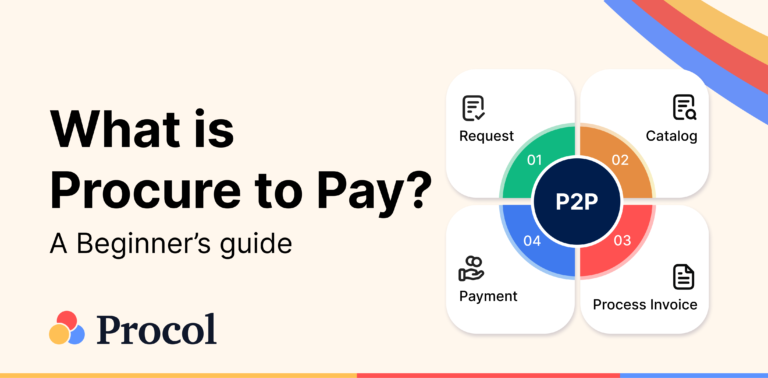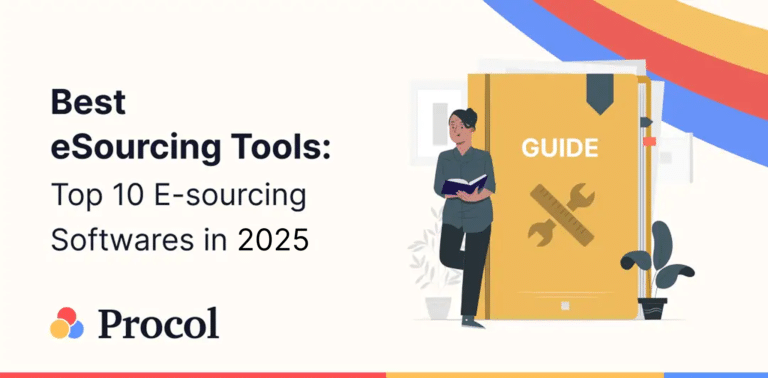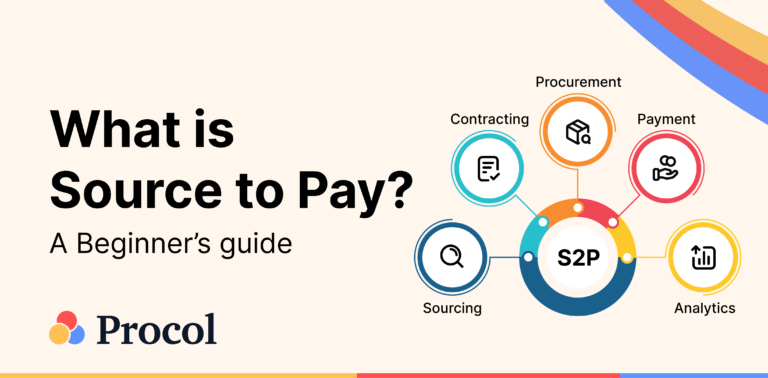Definition
In decentralized procurement, local branches or sites are given purchasing authority. The ability to make purchases depending on the requirements of their department belongs to the branch/site managers. Decentralized purchasing models are frequently used by companies with a wide range of geographic footprints because they can support long-term business growth.
Advantages of Decentralized Procurement
Less Bureaucracy
Because the branch manager has complete authority over the branch’s spending and procurement process and evaluates its operations and performance, decentralized procurement is less bureaucratic.
Effortless cooperation
The procurement unit’s proximity to the working site and ability to coordinate regional procurement activities are two significant advantages of having a decentralized procedure. Each department can quickly order things as needed to meet both immediate and long-term demands. Due to their proximity to the requesters and their fewer offices or divisions to support, the purchasing team can better comprehend their needs and negotiate better prices.
Collaboration with local vendors and sources
When a firm has branches worldwide, it might be difficult for a central team to locate local suppliers for each one. As a result, the company misses the benefits of collaborating closely with regional suppliers. Decentralized purchasing enables more individualized contacts between site personnel and suppliers, lowering costs and generating worthwhile customer bonuses and cheaper transportation.
Accelerated purchase procedure
It is impossible to exaggerate how crucial timing is to the purchasing process. The purchasing staff is aware of the situation and is prepared to help immediately if an emergency affects a particular branch. The team can quickly meet the requester’s needs thanks to the approach’s availability of purchasing units at each location.
A decentralized model speeds up decision-making because the approval process is streamlined, and the purchasing team and requesters can communicate much more quickly.
Conclusion
Organizations can choose a centralized procurement model, which manages to purchase for the whole company, or a decentralized procurement model, which lets each team or department handle its procurement. Several contributing factors determine whether a model is suitable for a company. It is necessary to carefully assess the firm’s surroundings, supply chain logistics, supplier connections, and the demands of specific departments before deciding whether to employ a decentralized procurement model.














